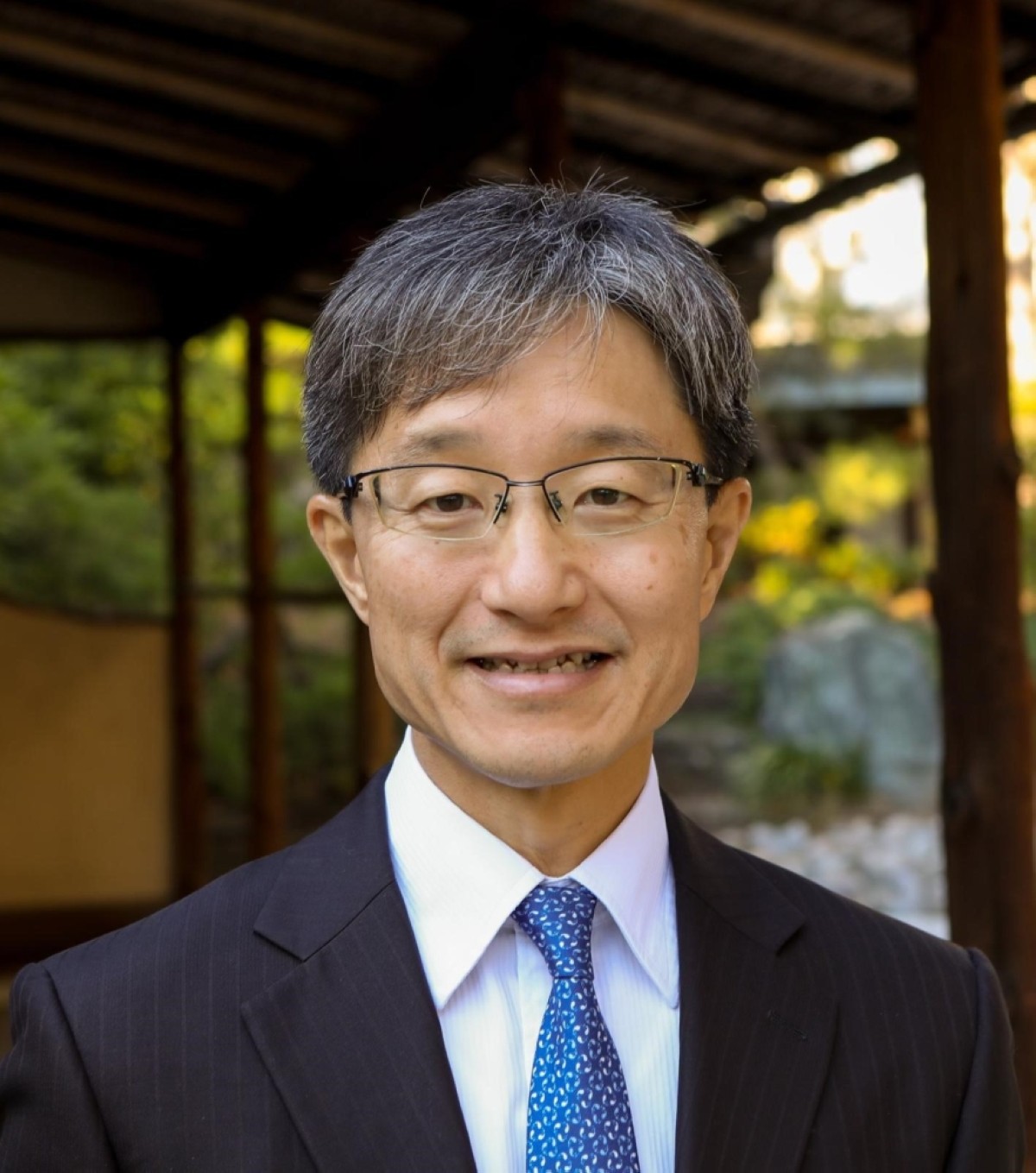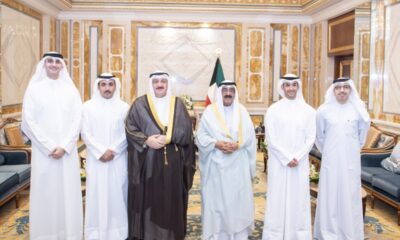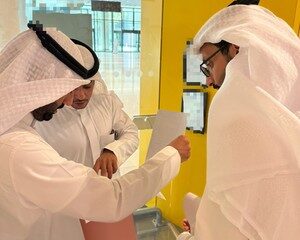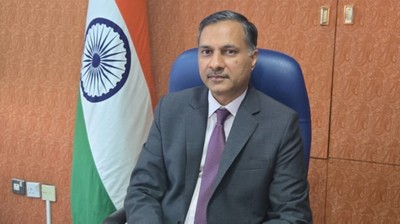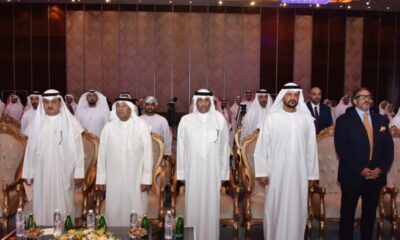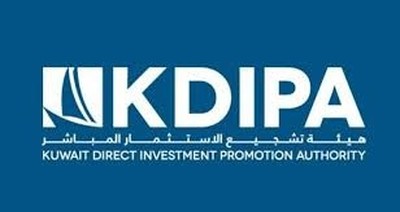KUWAIT: Japan and Kuwait will officially implement a mutual visa exemption for holders of diplomatic, official and special passports starting May 12, 2025, the Japanese embassy in Kuwait said in a press release on Saturday. Under this new agreement, Kuwaiti nationals holding valid diplomatic, or special passports issued by the Ministry of Foreign Affairs of Kuwait will be allowed to enter Japan without a visa for a period not exceeding 90 consecutive days. Similarly, Japanese holders of valid diplomatic and official passports will be able to enter Kuwait without a visa.
“This historic step reflects the deep mutual trust and longstanding friendship between our two nations, and lays a solid foundation for further political, economic, and cultural cooperation,” Ambassador of Japan to Kuwait Kenichiro Mukai said in a statement.
Deepening diplomatic relations
Japan and Kuwait have enjoyed a long-standing and mutually beneficial relationship, dating back to 1958 when a Japanese oil company got oil drilling rights in Kuwait. “This visa exemption scheme will make it easier for government officials, international conference participants, and special passports holders to travel between our two countries, thus encouraging more dynamic exchanges and high-level dialogue,” said the ambassador.
“This is more than a procedural change — it is a symbol of our shared commitment to building a forward-looking, trust-based partnership.”
Visit Expo 2025 Osaka
The ambassador highlighted Expo 2025 Osaka, Kansai, which Japan is hosting from April 13 to October 13, 2025, as a perfect opportunity to visit the country. “It is more than an exhibition; it is a platform for co-creating the future,” he said. He added that visitors can encounter a wide array of transformative ideas and cutting-edge solutions addressing challenges in sustainability, technology, healthcare, and mobility.
The ambassador said Japan is presenting technical proposals as investment opportunities, such as Room Temperature Hydrogen Production Device, CO2 Adsorption and Desorption Device, Room Temperature Synthetic Fuel Production Device. “These technologies are already at commercially practical level, and I believe that investing in these technologies will be able to assist Kuwait oil sector to achieve net-zero by 2060 as envisioned in the national plan,” he said. “The visa fee will be exempted for those who visit the EXPO. We sincerely invite Kuwaiti people, to visit Japan during this momentous event.”
Sharing a message of peace
As Japan and Kuwait look to further deepening their ties, the Japanese ambassador stressed the importance of learning from the past. He invited people in Kuwait to browse the second Hiroshima and Nagasaki Atomic Bomb Poster Exhibition. “This exhibition showcases impactful posters that convey the devastating reality of the atomic bombings, reminding us of the importance of peace and the inhumanity of nuclear weapons,” the ambassador said.
The exhibition is now open at the Contemporary Art Platform (CAP Kuwait) from April 29 to May 25, 2025. Ambassador Mukai described the opening ceremony which was held on April 29 as “a big success”, especially with the attendance of Sachiko Hiraoka, an Atomic Bomb survivor’s family who visited Kuwait all the way from Hiroshima to deliver the testimony of her family. The ceremony was attended by many people in Kuwait, including ambassadors, artists, and students. “We encourage more people in Kuwait to visit the exhibition and reflect on Japan’s history and its deep commitment to peace. The exhibition welcomes everyone with free admission,” said the ambassador.
Scholarships and creative exchange
Education and Culture are essential elements to build the brilliant future between Kuwait and Japan, said Ambassador Mukai, pointing to two opportunities open for students and artists in Kuwait. For one, the MEXT (Ministry of Education, Culture, Sports, Science and Technology) Scholarship Program for 2026 is currently open for applications until June 12, 2025. “Kuwaiti students wishing to pursue bachelor’s degree, master’s degree, or PhD in Japan are warmly encouraged to apply. This is a chance to receive a world-class education while building bridges between the two countries,” he said.
Submissions are also open for the 18th Japan International MANGA Award, with a deadline of June 20, 2025. This globally recognized award welcomes artists from around the world. “We hope to see many talented Kuwaiti creators participate and share their stories through the powerful medium of manga,” said Ambassador Mukai.
The introduction of mutual visa exemption for diplomatic and official passport holders marks a new chapter in Japan-Kuwait relations. It opens doors — not only for official visits — but also for people-to-people connections, cultural exchange, and shared discovery. “We look forward to welcoming more Kuwaiti friends to Japan, and to continuing our journey together as partners in friendship, peace, and progress. Welcome to Japan! Welcome to the future!” said the ambassador.


